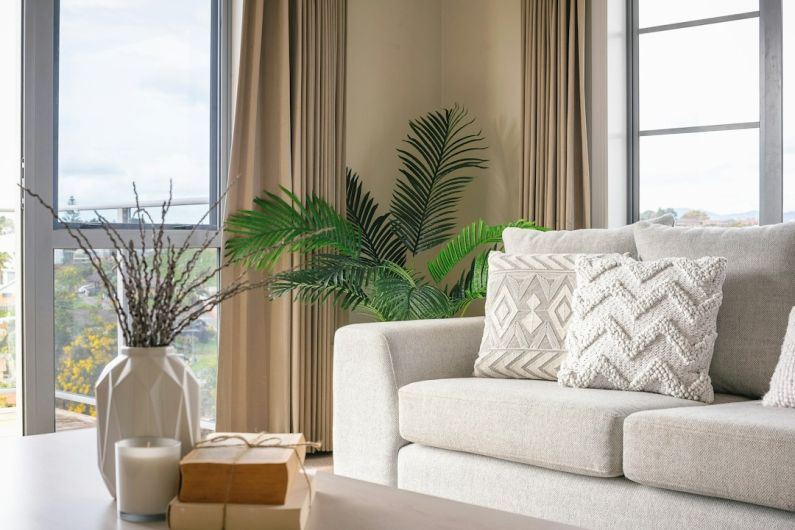How to Decide between Buying a New Build or an Older Home?
Deciding between buying a new build or an older home can be a tough decision for any homebuyer. Both options have their merits, and it ultimately comes down to personal preferences and priorities. In this article, we will explore the key factors to consider when making this decision, helping you choose the best option for your needs.
Location: The First Consideration
When it comes to buying a home, location is often the foremost consideration. Whether you prefer a bustling urban neighborhood or a serene suburban area, both new builds and older homes can be found in a variety of locations. Take your time to research the neighborhoods and consider factors such as proximity to schools, amenities, and transportation options. By identifying your preferred location, you can narrow down your options.
New Builds: Modern Amenities and Customization
One of the main advantages of buying a new build is the modern amenities it offers. New builds often come equipped with the latest technology, energy-efficient features, and contemporary designs. Moreover, if you value customization, new builds provide the opportunity to select finishes, materials, and layouts according to your preferences. This level of personalization can be particularly appealing for those who want a home that reflects their unique taste and style.
Older Homes: Character and Charm
On the other hand, older homes often exude a certain charm and character that can be hard to replicate. From historic architectural details to mature landscaping, older homes have a unique appeal. If you have a penchant for period features or a desire to live in a well-established community, an older home might be the perfect fit for you. Additionally, older homes often offer larger lots and more established neighborhoods, which can be a draw for families or those seeking a sense of community.
Maintenance and Upkeep: Consider Your Budget and Time
Another crucial factor to consider is the maintenance and upkeep required for each option. New builds generally require less maintenance in the initial years, as everything is brand new and under warranty. However, keep in mind that the cost of regular maintenance may increase as the home ages. In contrast, older homes might require more immediate repairs and updates, but ongoing maintenance costs could be lower over time. Consider your budget and the time you are willing to invest in maintenance when making your decision.
Cost: Weighing the Financial Aspect
The financial aspect is often a decisive factor when choosing between a new build and an older home. New builds tend to have higher initial costs due to their modern features and materials. However, they may also offer better energy efficiency, resulting in lower utility bills in the long run. On the other hand, older homes may have a lower purchase price but could require costly renovations or updates. It is crucial to carefully evaluate your budget and consider the long-term financial implications before making a decision.
Making the Right Choice for You
Deciding between a new build and an older home ultimately boils down to your personal preferences, priorities, and circumstances. By considering factors such as location, amenities, maintenance, and cost, you can make an informed decision that aligns with your needs and desires. Remember, there is no one-size-fits-all answer, and what matters most is finding a home that you can envision yourself living in and enjoying for years to come.
In conclusion, choosing between a new build and an older home requires careful consideration of various factors. By weighing the pros and cons of each option and keeping your personal preferences in mind, you can make an informed decision that suits your needs. Whether you prefer the modern amenities and customization of a new build or the character and charm of an older home, the choice is ultimately yours.






